What is International Transgender Day of Remembrance and why is it so important?
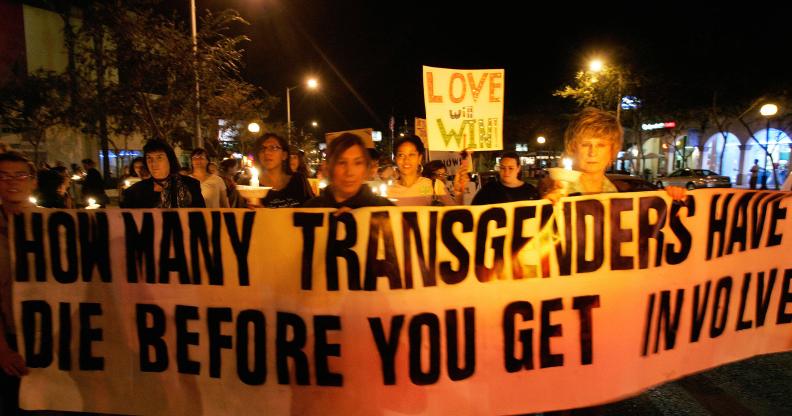
LGBT protesters on the Transgender Day of Remembrance in West Hollywood, 2006. (Hector Mata/AFP/Getty)
Today, November 20, is the International Transgender Day of Remembrance – a day to honour and remember the many lives lost to transphobic violence.
Trans allies across the country will be marking the day with a series of events to highlight the suffering experienced by the transgender community worldwide.
In Leeds, several LGBT+ organisations have joined forces with the NHS to host a pop-up exhibition and a candlelight vigil.
Another candlelight vigil will be be held at The Queens Peace Fountain in Southampton, hosted by Hampshire Feminist Collective and The Art House.
Meanwhile in London, LGBT Humanists and Humanists UK will be holding a non-religious ceremony of support at the Fitzrovia Chapel near Goodge Street.
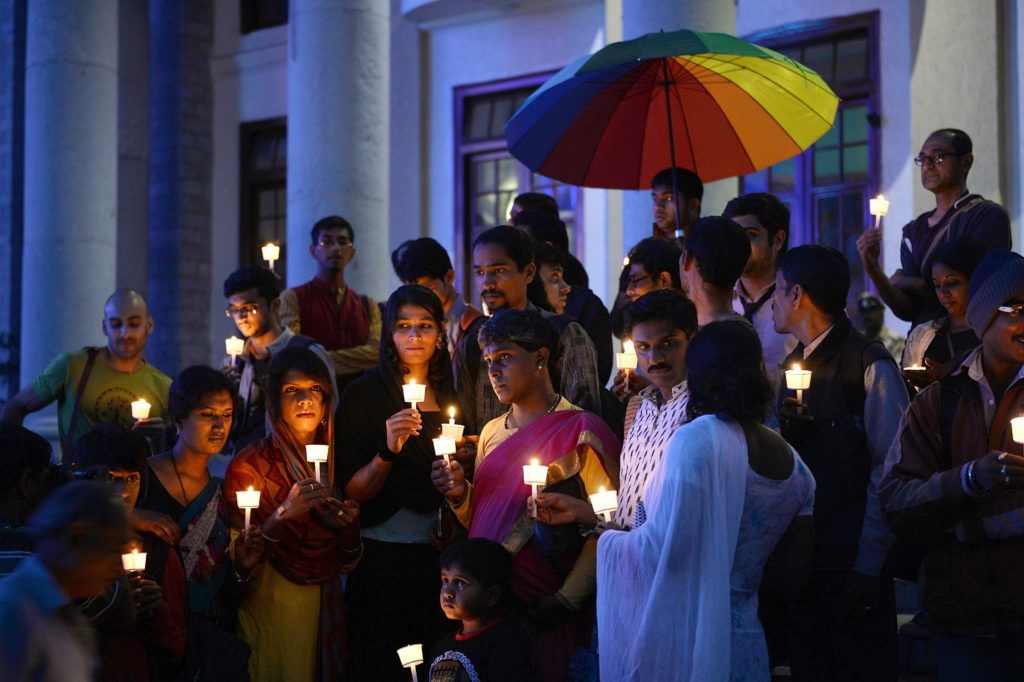
Transgender activists and their supporters take part in a candle light vigil held as part of Transgender Day of Remembrance. (MANJUNATH KIRAN/AFP/Getty)
Why is the International Transgender Day of Remembrance so important?
Because the rate of transgender hate crimes has risen by 81 per cent and shows no sign of stopping.
Anti-trans stigma, denial of opportunity, increased risk factors and lack of support networks combine to create a culture of violence against trans people which all too often results in their deaths.
Over the last year a total of 331 transgender people are known to have been murdered across the world, and there are likely to be many more that were not reported.
Everyday, PinkNews reports on the cruelties that transgender people face: being mercilessly mocked and bullied, denied healthcare, driven to suicide, raped, burned, hanged and dragged behind cars.
Being at the unfortunate intersection of homophobia, transphobia, racism and sexism, black transgender women are disproportionately targeted by this violence – so much so that the average life expectancy for a black trans woman in the US is just 35 years old.
The actress, model and trans activist Laverne Cox has spoken out about these murders, suggesting that black transgender women like her are often murdered by men who cannot accept their sexual attraction.
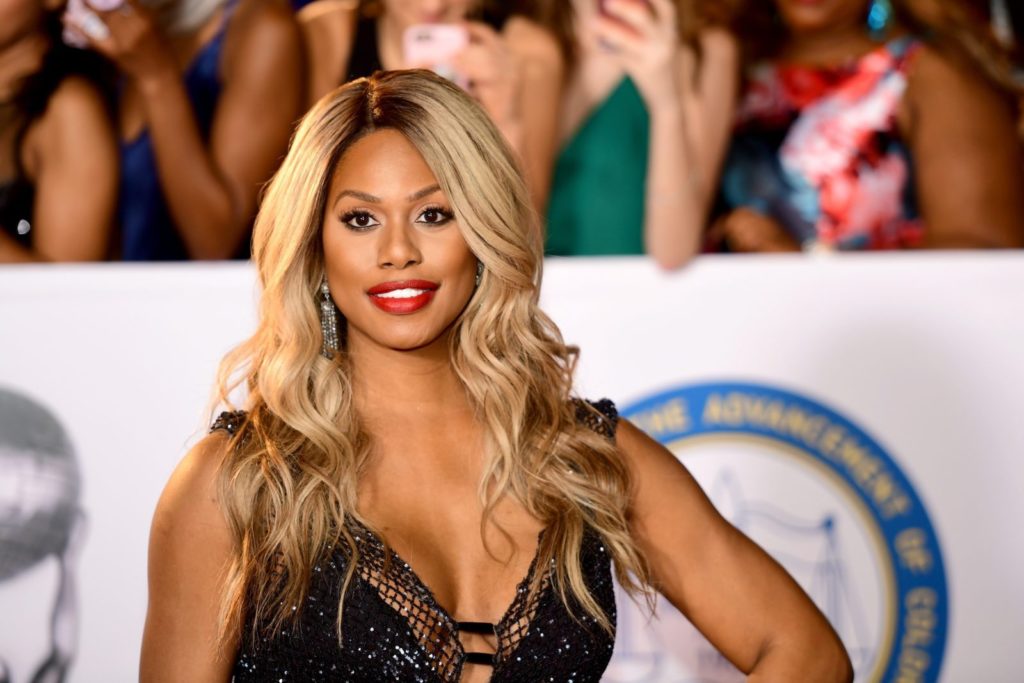
“Your attraction to me is not a reason to kill me”: Actress, model and transgender activist Laverne Cox (Matt Winkelmeyer/Getty)
She said: “I think the people who are attacking trans women, what I say to men, is that your attraction to me is not a reason to kill me. There’s this whole myth that trans women are out there tricking people and deserve to be murdered, and that’s not the case.
“There’s been a market for trans women in the realms of dating and sex work for a very long time, we don’t have to trick anyone… We have to lift the stigma around attraction to trans people, and we have to lift the stigma around trans people existing.”
The International Transgender Day of Remembrance offers an important opportunity to mourn the trans siblings that have been lost, and draw attention to the continuing violence that transgender people regularly face just going about their everyday lives.
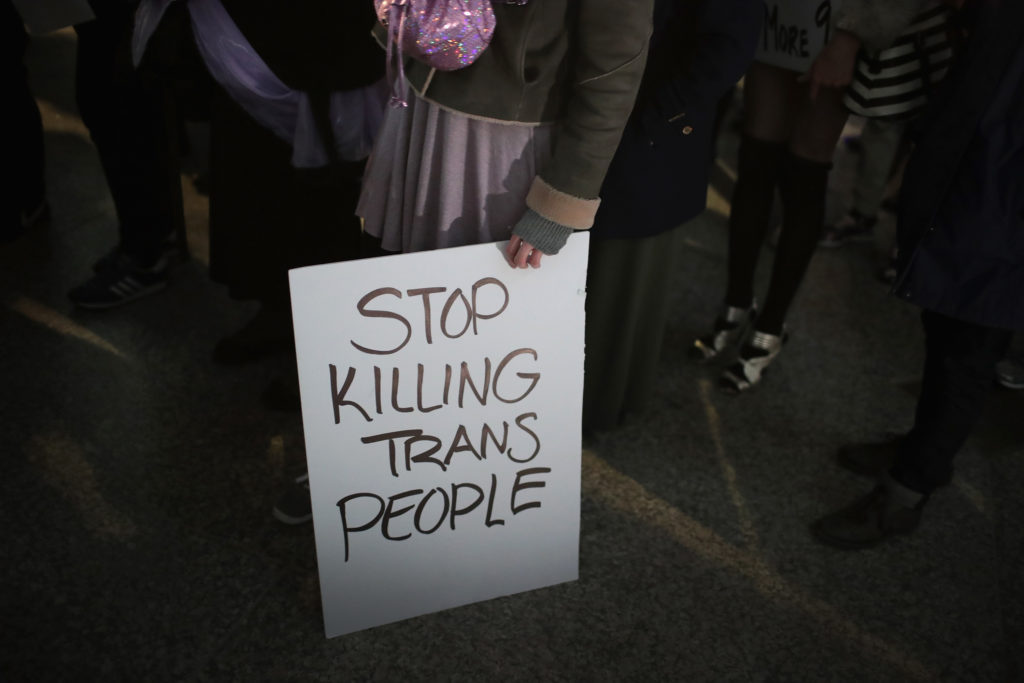
331 trans people have been murdered since last year’s report. (Scott Olson/Getty Images)
Is the International Transgender Day of Remembrance a new thing?
No. The International Day of Transgender Remembrance has been observed annually since it was founded in 1999 by Gwendolyn Ann Smith, a transgender woman, to memorialise the murder of her transgender friend Rita Hester in Massachusetts.
But if you’re only just hearing about it now, that’s likely because awareness of the day is growing as transgender people gain greater visibility in public and private spheres.
Unfortunately, this greater visibility has been accompanied by a wave of anti-trans backlash from the (predominantly) right-wing media, which in turn has been accused of driving further violence against the trans community.
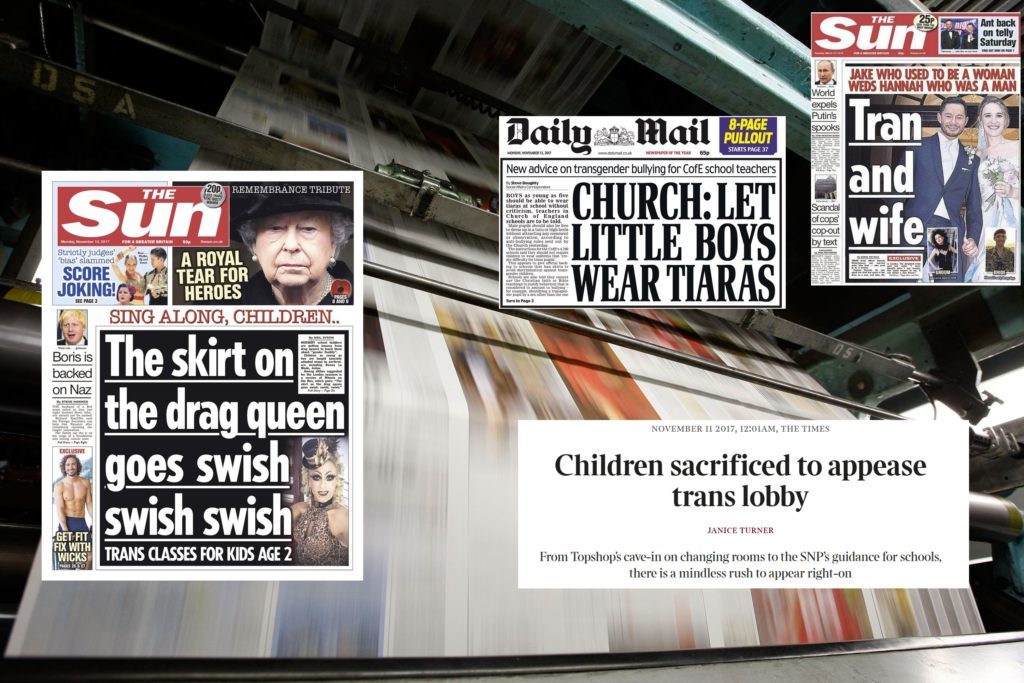
UK press regulator IPSO commissioned a review into the media’s hostile treatment of transgender issues (Getty)
How is the media to blame?
Despite representing just 0.5-0.6 percent of the population, in recent years there has been a surge of transgender coverage in the media that is greatly disproportionate to the community’s actual impact on society.
A report by Fourth Estate found that the UK media published a total of 878 articles about transgender issues in 365 days – a huge number for such a tiny, marginalised and already vulnerable demographic.
Trans issues have been repeatedly sensationalised and demonised by misleading headlines including “The tyranny of the transgender minority”, “Children sacrificed to appease trans lobby”, “Terfed out by the ‘Trans Taliban'” and “They’re castrating children”.
Transgender people are regularly referred to as ‘extremists’ and ‘rapists’, with campaigners comparing the media coverage to that of gay and bisexual men during the AIDS crisis in the 1980s.
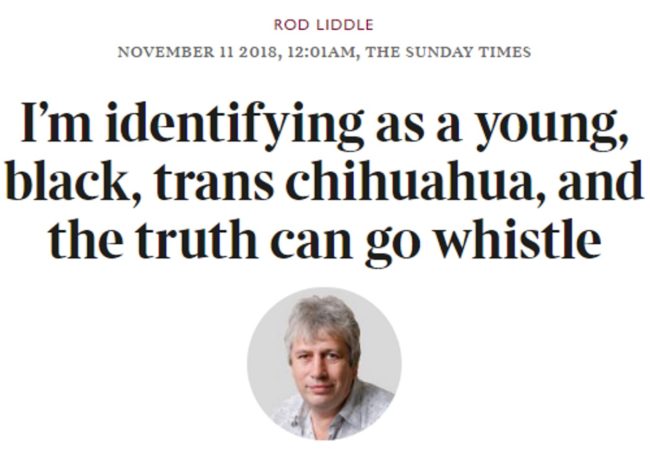
One of the many transgender opinion pieces published by The Times (thetimes.co.uk)
It’s got so bad that the UK press regulator IPSO commissioned a review into the media’s hostile treatment of transgender issues, while in Australia the UN actually stepped in to condemn the “profoundly incorrect” media narrative.
The result of this media attack – besides the obvious impact of targeting a group that is disproportionately affected by mental health issues – is that dehumanising, transphobic language is becoming increasingly normalised, to the extent that a well-known national TV host is permitted to repeatedly denigrate transgender people on morning television.
This kind of language is being weaponised online more and more, with video streaming sites and message boards found to be the most toxic towards trans people.
With all this in mind, it’s hardly surprising (but no less tragic) that 55 per cent of transgender people experience depression, and 48 per cent will attempt suicide at least once in their lives.
This #TransDayOfRemembrance we honour all those who have lost their lives to transphobic violence. Real allyship demands our consistent action, love, and support, and we will work tirelessly till this violence is a thing of the past. #TDOR ?️⚧️ https://t.co/POfSU6yH0A pic.twitter.com/6slwKTlQqT
— Stonewall (@stonewalluk) November 20, 2019
How can I support the transgender community?
Observe the Transgender Day of Remembrance online, at work or at home.
Support LGBT-inclusive education, which is still under attack in the UK.
Urge your MP to back the long-promised but much-delayed reforms to the Gender Recognition Act, which will allow trans and non-binary people to safely self-identify their gender.
Consult the TUC’s guide for trade unions and guide for employees on how to be a trans ally in the workplace.
Challenge transphobic jokes or remarks wherever you encounter them.
And most importantly, listen to trans people!

